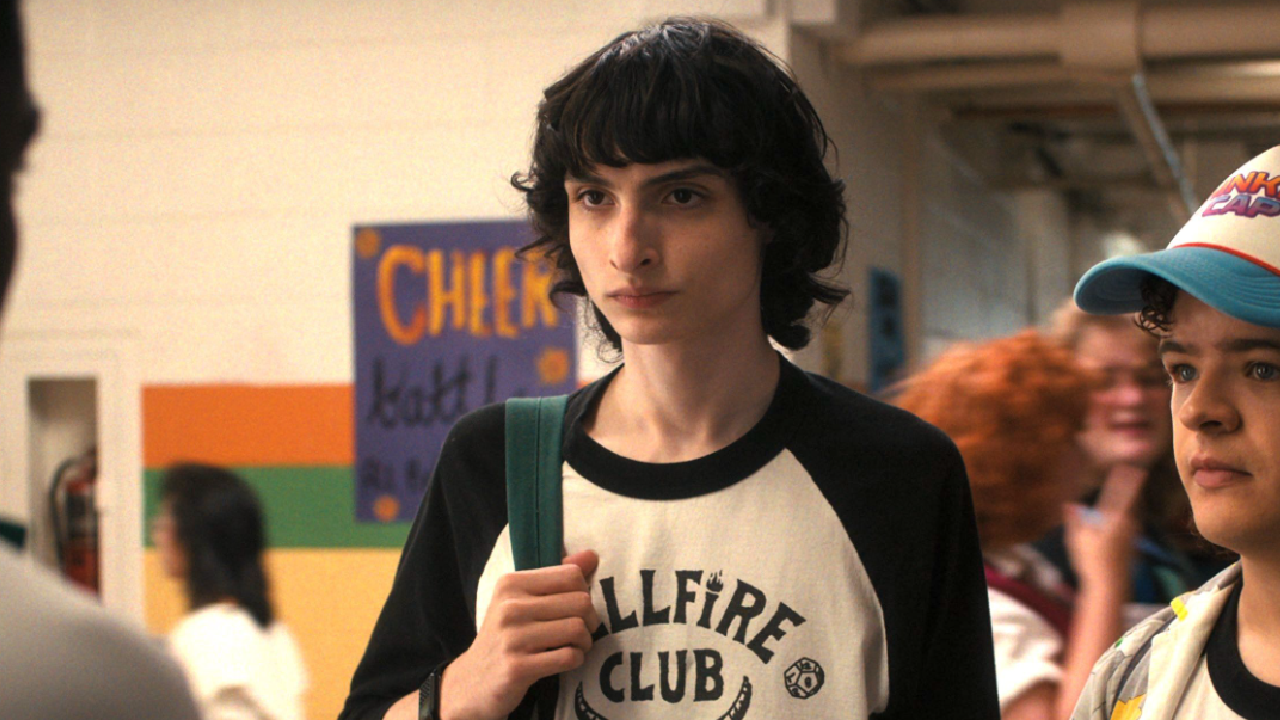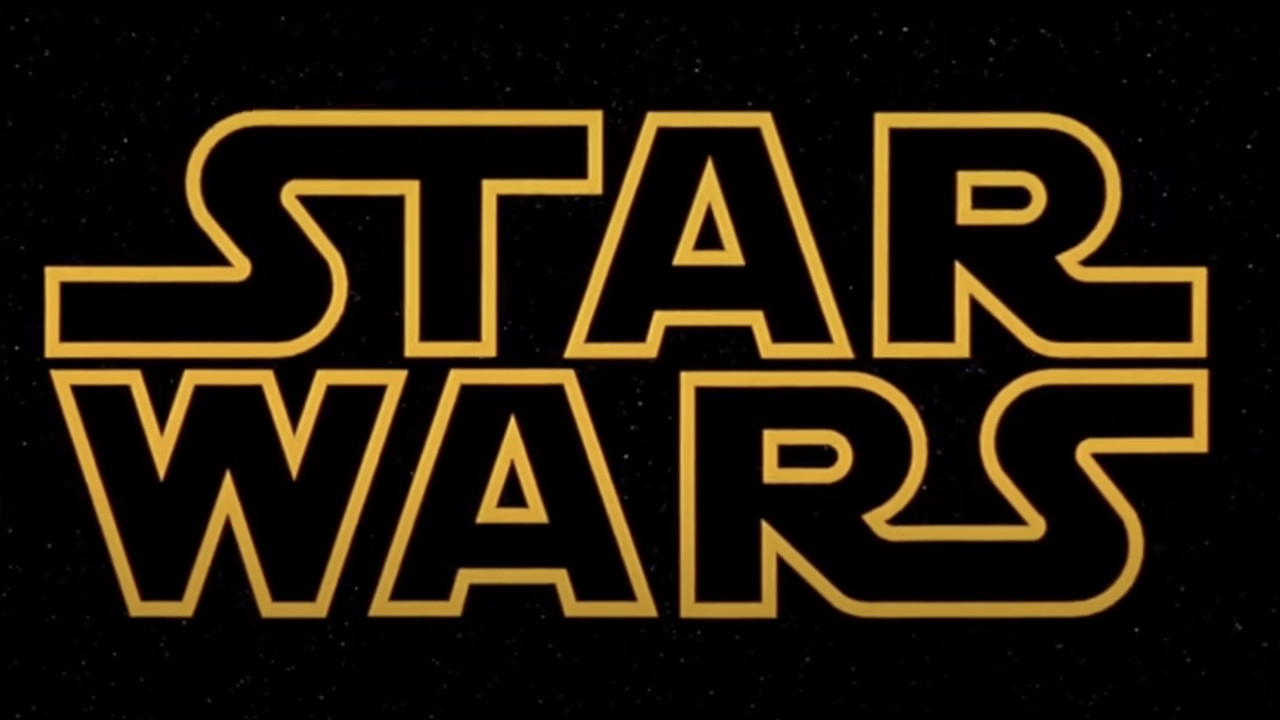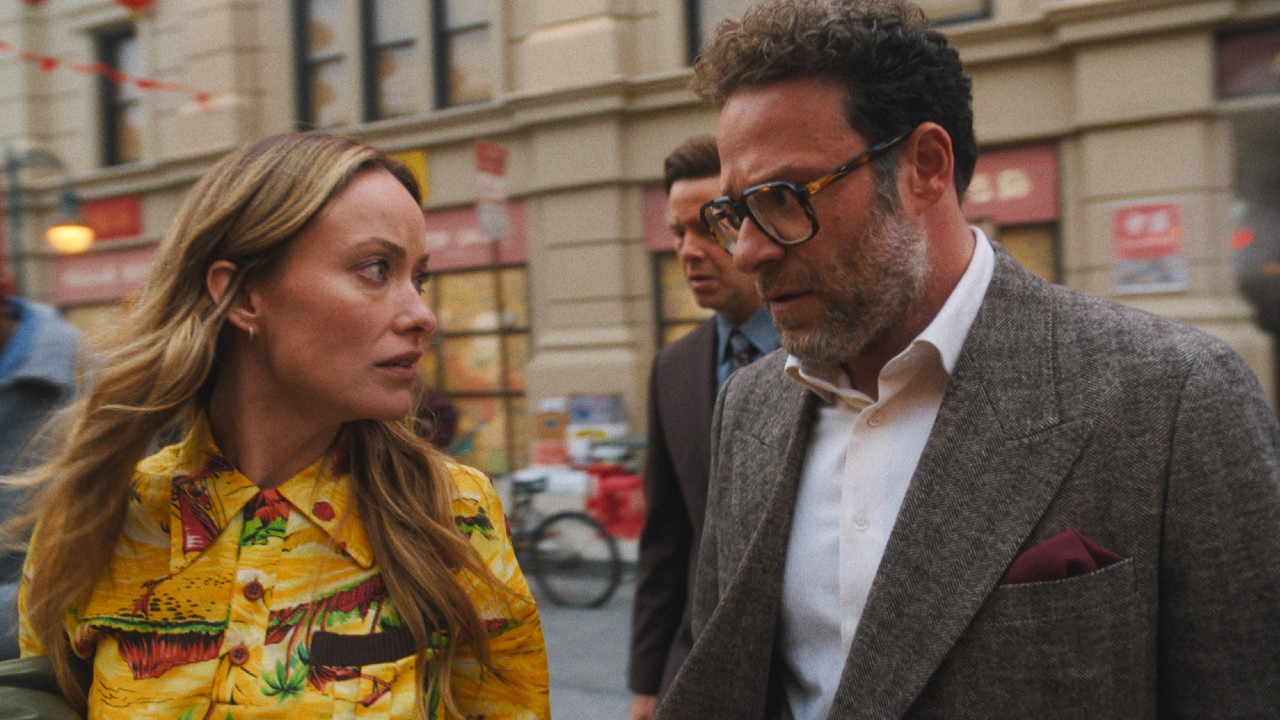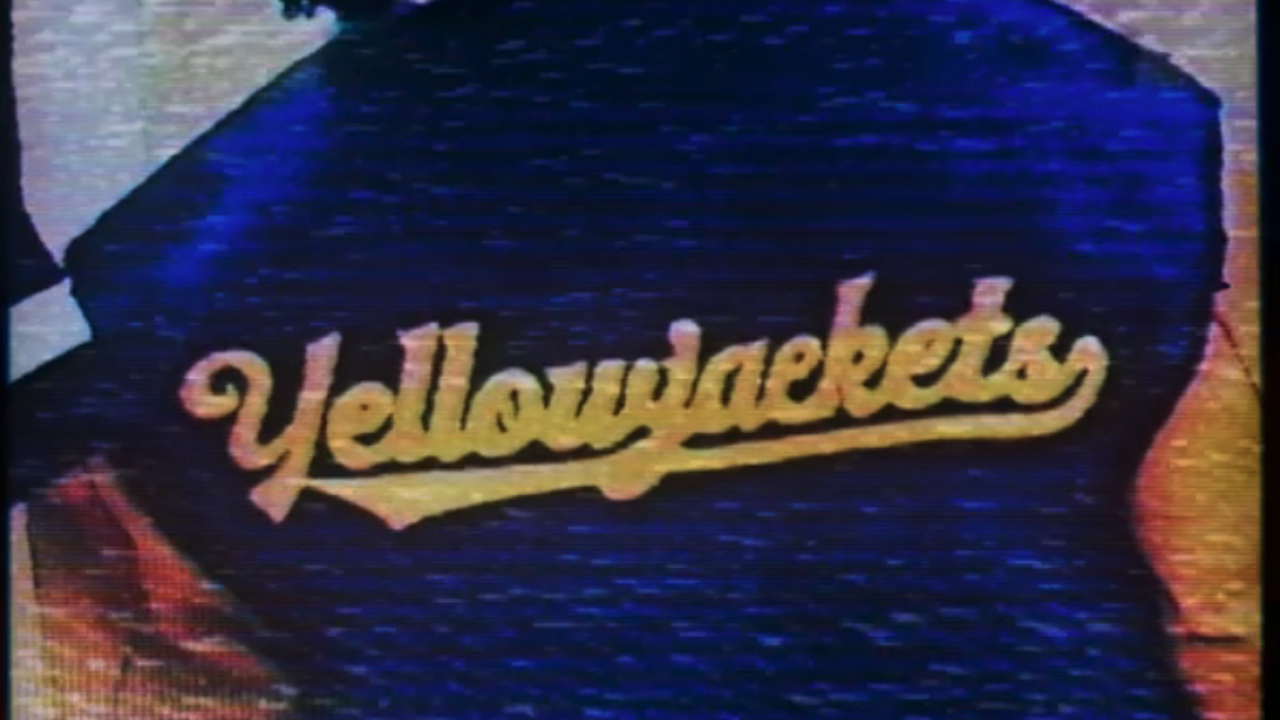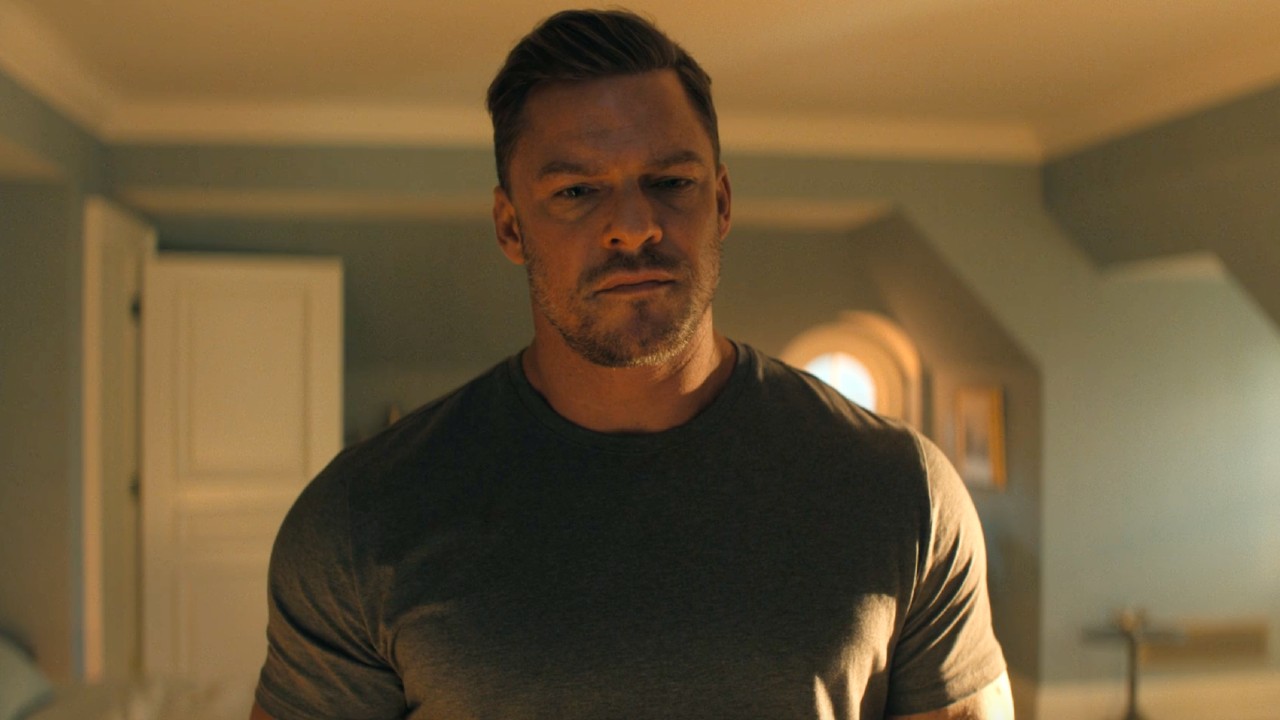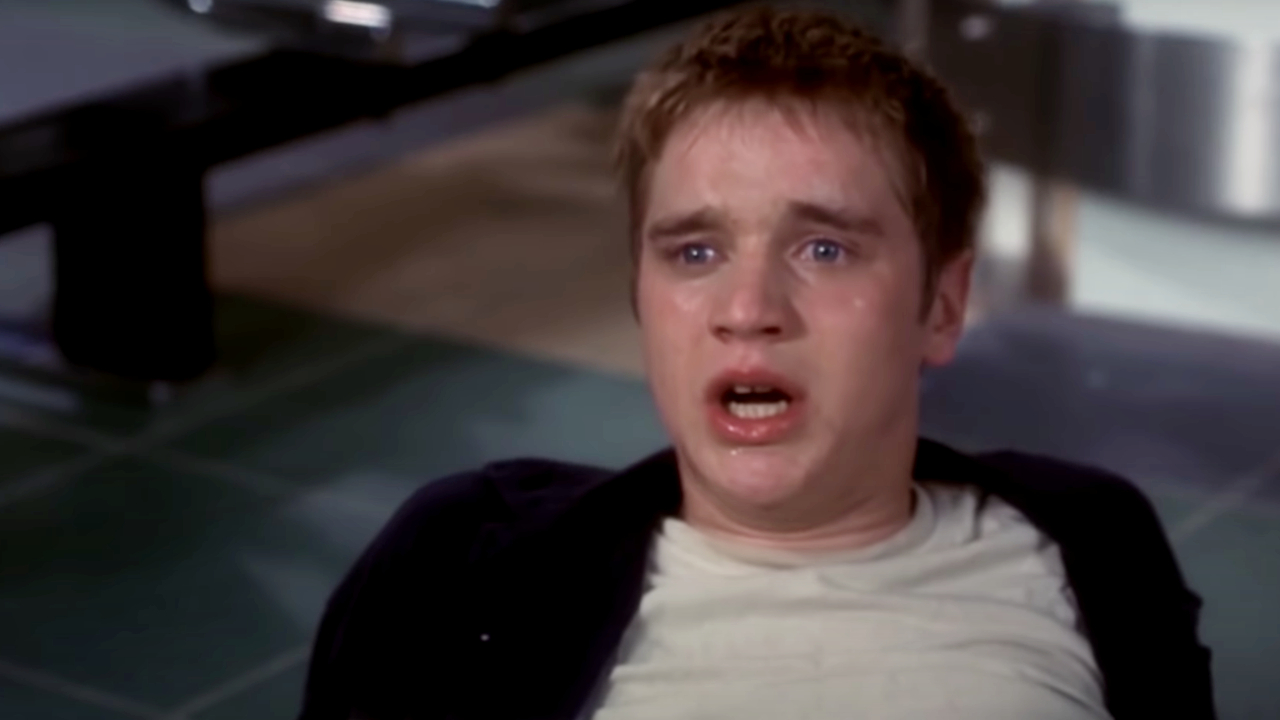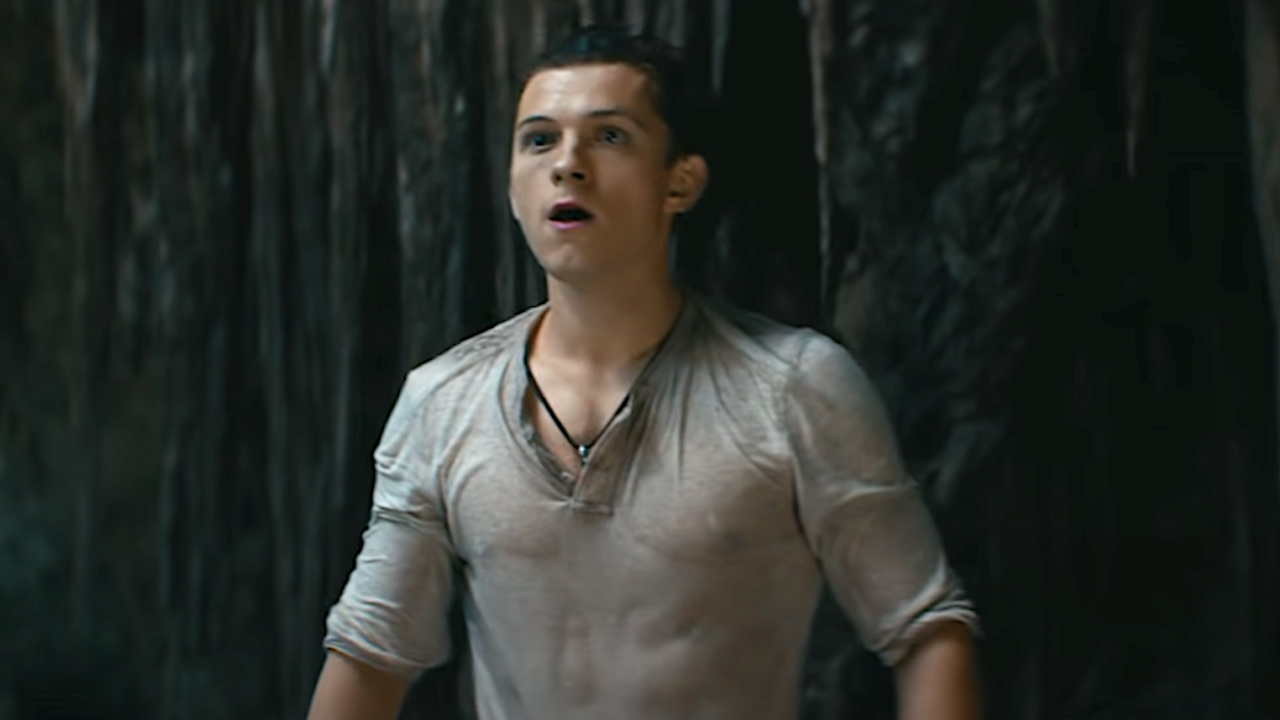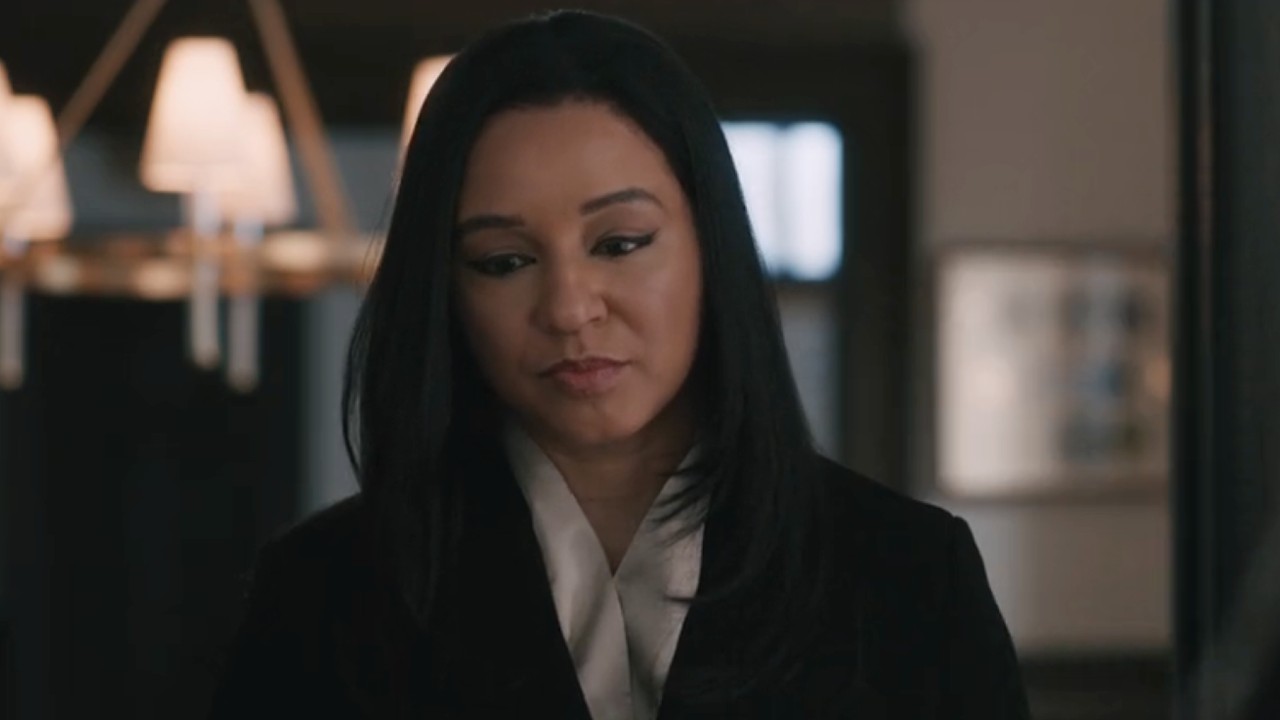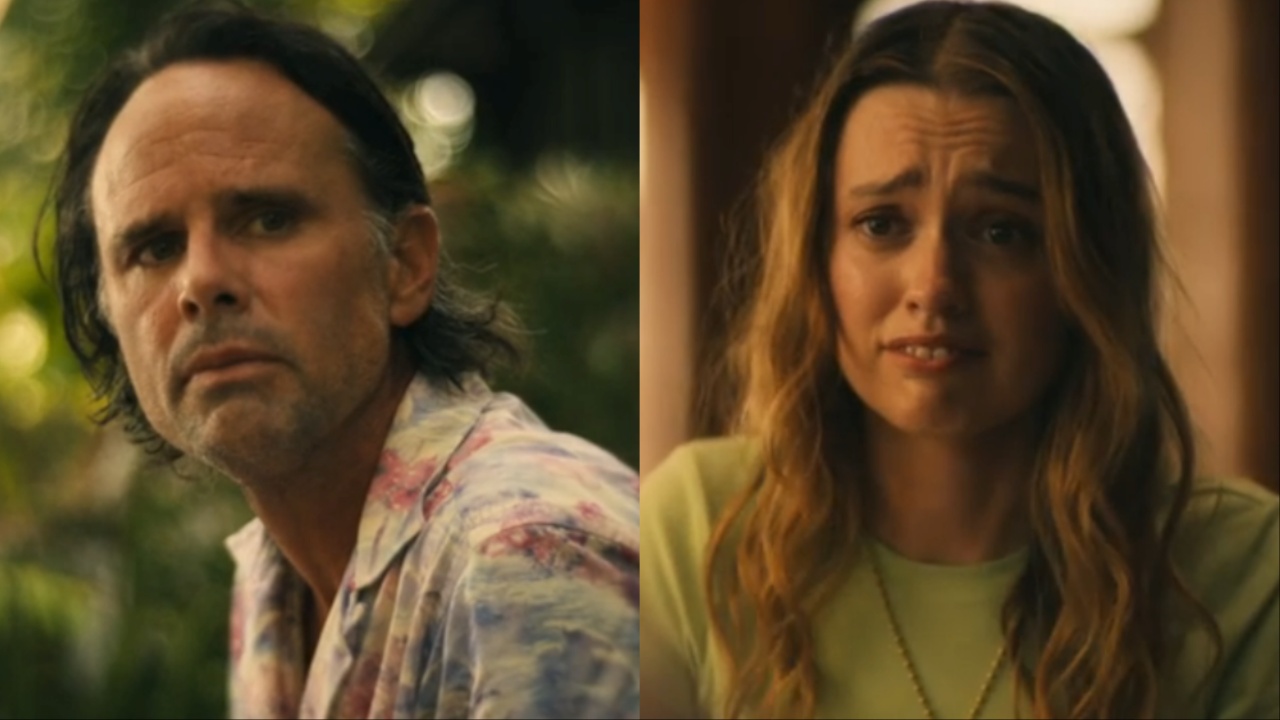5 Ways Once Upon A Time In Hollywood Is Different From Tarantino's Other Movies
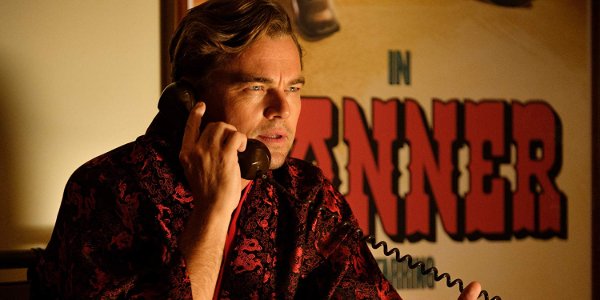
While the trailers to Quentin Tarantino’s Once Upon A Time In Hollywood suggested it’d be a fast and funny film that falls into line with the rest of his filmography, seeing the actual film debunks that notion faster than Brad Pitt’s Cliff Booth can throw a can of dog food. In fact, it’s an outlier when you compare it to the rest of Tarantino’s filmography.
Powered by RedCircle
If you haven’t seen Once Upon A Time In Hollywood, but consider yourself a Quentin Tarantino fan, you should probably read this list before seeing the film. The reason being if you head into this one thinking you’re just going to get the same old stuff from any of the man’s previous works, you might find yourself initially disappointed.
But if you have already watched it and still need to sort out the finished product, what we’re about to tell you should handle that no problem for you as well. And no worries, we’re not going to spoil anything in this rundown, just as the man himself asked.
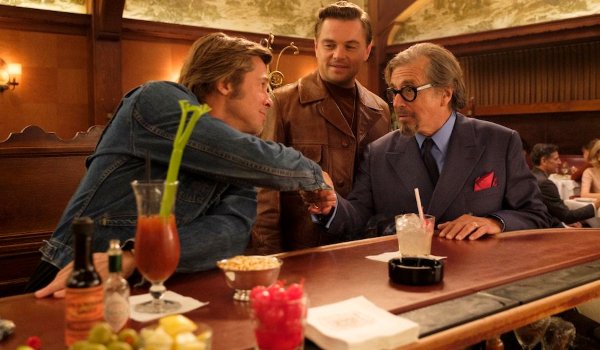
The Dialogue Is The Most Organic Quentin Tarantino Has Ever Written
Normally when you think of dialogue from a Quentin Tarantino film, it’s usually pertaining to tough people doing tough things, and sounding cool while being tough. It’s why his work is so damned quotable, besides the fact that it usually has a sort of snarky, world weary quality to it.
That’s not so much the case in Once Upon A Time In Hollywood, as there are only a few moments where “tough guy” dialogue is uttered by his characters. There’s also not a lot of random pop culture knowledge being thrown around, as the material mentioned directly maps to the world of Leonardo DiCaprio’s Rick Dalton and his career.
What’s left to fill in the gaps is a story of two men facing down the horizon of a new decade and a cultural shift in Hollywood’s ever changing landscape. They do so as friends, and hearing them speak to each other as such is a warm change of pace for the normally rapid fire Quentin Tarantino.
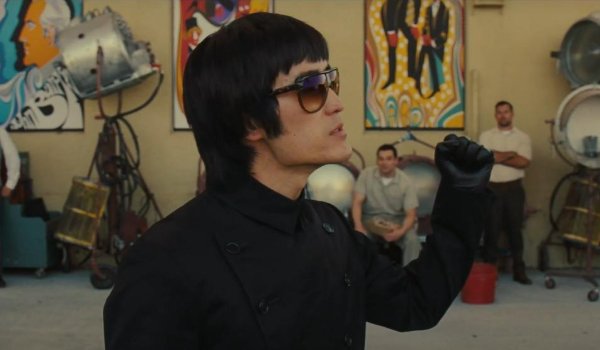
Quentin Tarantino Effectively Traded Violence For Nostalgic Character Drama
Much like the fast talking dialogue that normally populates a Quentin Tarantino film, there’s usually a fair amount of blood-soaked violence included in the course of events. In some of the man’s films, particularly Django Unchained and The Hateful Eight, you’d think the human body was just a big sack that held roughly twice the volume of blood that it typically contains.
CINEMABLEND NEWSLETTER
Your Daily Blend of Entertainment News
Even with a stuntman as one of its main characters, Once Upon A Time In Hollywood is very measured in its use of violence. There’s only two real set-pieces that work off of the application of violence, with one big segment feeling like it’s leading up to a confrontation that never happens. That doesn’t make it any less suspenseful, as the threat hangs over the audience’s head for that entire sequence.
The story of Rick and Cliff’s waning salad days makes up the bread and butter of Once Upon A Time In Hollywood, and it makes for a surprisingly tender film that is still very much a story that only Quentin Tarantino could tell.
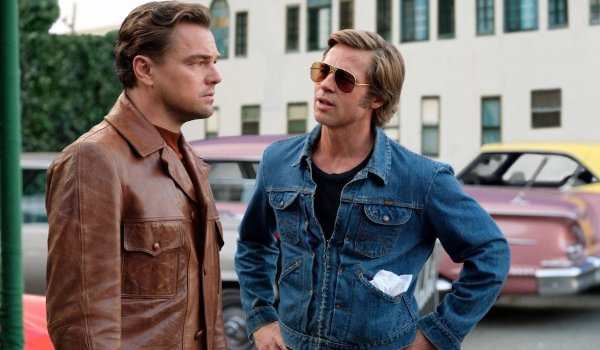
Rick Dalton And Cliff Booth Are Some Of The Most Vulnerable Characters In The Tarantinoverse
On the surface, Rick Dalton and Cliff Booth look like some tough hombres who are ready to rumble at a moment’s notice. In Cliff’s case, that’s certainly true, but Rick is more of an actor, so if there’s usually a fight, it’s Cliff’s to be fought. However, in a movie where there’s not a lot of action, Rick and Cliff are left to stumble through into what the future holds for them in a less traditional manner.
Truth being told, Leonardo DiCaprio’s fading actor and Brad Pitt’s idle stuntman/handyman are the most sensitive characters that Quentin Tarantino has ever written. Rather than grappling with Nazis, racial allegories or kung fu-fueled revenge, Rick and Cliff are faced with something much more frightening: obsolescence.
Facing down what could be the beginning of their golden years, both men have very different reactions and attitudes towards their possible phasing out. Throughout that battle, we see the two as the classic duo of friends they’ve always been, and we also see how the world tests that bond with Rick’s personal life threatening to ruin that friendship. It’s stirring stuff, and definitely not what you’d expect from the man who made his debut with Reservoir Dogs.
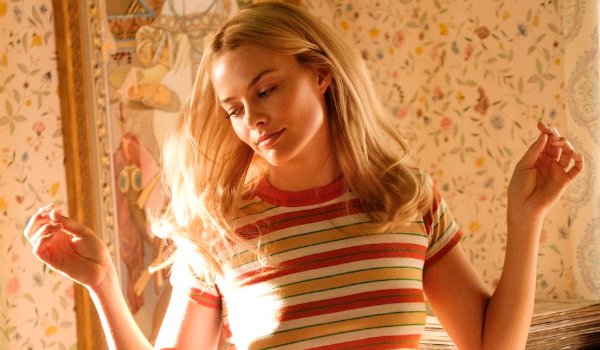
Once Upon A Time In Hollywood Is Tarantino’s Lightest Film Ever
In a lot of moments that are shown in Once Upon A Time In Hollywood, we see characters doing what are relatively mundane tasks in the Tarantino-verse. Rick Dalton does his acting/pop icon act, while Cliff Booth engages in his life as a stuntman-turned-gopher, with the occasional memory (or fantasy) of squaring off against folks like Bruce Lee.
Leave it to Quentin Tarantino to take the mundane things, like cruising the streets of Hollywood and fixing an aerial TV antenna, and make them look spectacular. Every car ride is shot with a loving eye, and in the case of fixing the antenna, Cliff gets to do a little parkour to get to the roof of the Dalton residence.
While it’s not a firecracker of a film in sense of action, there are plenty of laughs and spectacle in what’s seen on screen. The glow of neon filling the streets, with classic cars displayed in their heyday, is nothing to sneeze at. And while other Tarantino films give you a world you think you’d love to exist in, Once Upon A Time In Hollywood’s world is one that you could truly hang out in. As an added bonus, you’d probably survive with all limbs and bodily fluids intact!
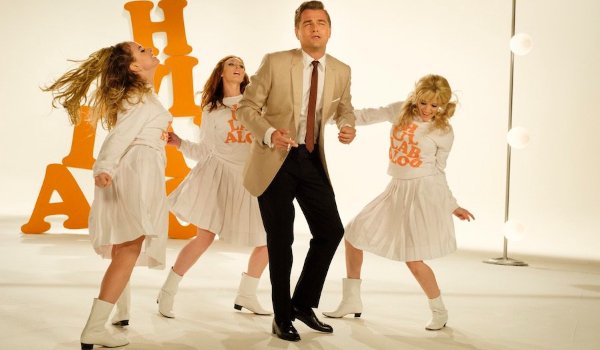
This Is Probably The Most Important Soundtrack In Tarantino History
One of the most vital components to a Quentin Tarantino movie is, obviously, its soundtrack. With his musical tastes always providing a fresh collage of classic and obscure pop hits, it’s usually very good window dressing that adds to the background and mood of any particular scene.
Making Once Upon A Time In Hollywood even more atypical than any other Tarantino entry is the fact that its soundtrack is more important than usual. Rather than just providing a collage of songs that he happens to like, the soundtrack to the film includes a heaping help of classic radio DJ banter from The Real Don Steele, as well as a lot of the commercials that would run during his popular run on KHJ in the ‘60s.
Rather than simply adding to the mood of the film, hearing commercials for The Illustrated Man or Heaven Sent Perfume really puts the audience into the everyday lives of the characters. So on top of the sick needle drops, you get a real feel for the world that Quentin Tarantino wants you to experience. In turn, it just makes it all the more easier to fall in love with Once Upon A Time In Hollywood’s reality.
If you thought you were just getting a garden variety Tarantino movie with Once Upon A Time In Hollywood, the reality is going to definitely shock you. As that very reality takes hold in your mind though, you’ll see just how special this movie is when compared to the standard, but stellar, filmography the man has amassed over almost 30 years.
This is a movie that is Quentin Tarantino at his most heartfelt, and he’s held it out to the world like a mix tape one would make as a child of the days of radio. It’s meant to be enjoyed and played as loud as possible, as every pop and hiss tells a story that could only happen then and there, and needs to be seen to be truly believed.
Once Upon A Time In Hollywood is in theaters now, in digital projection, as well as 35mm and 70mm film engagements; so check your local listings and see what’s available in your area!
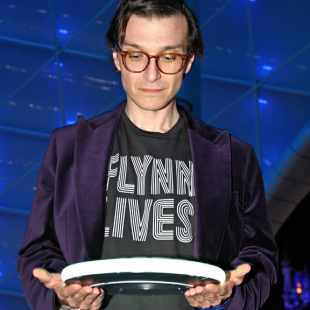
Mike Reyes is the Senior Movie Contributor at CinemaBlend, though that title’s more of a guideline really. Passionate about entertainment since grade school, the movies have always held a special place in his life, which explains his current occupation. Mike graduated from Drew University with a Bachelor’s Degree in Political Science, but swore off of running for public office a long time ago. Mike's expertise ranges from James Bond to everything Alita, making for a brilliantly eclectic resume. He fights for the user.
